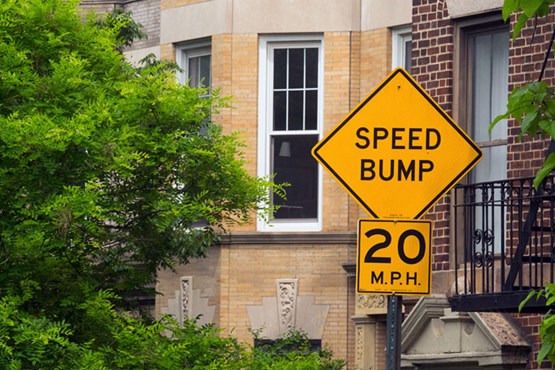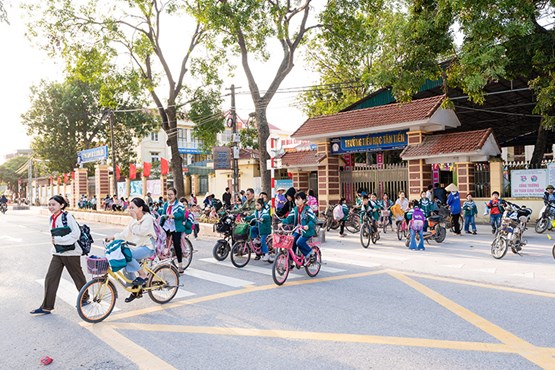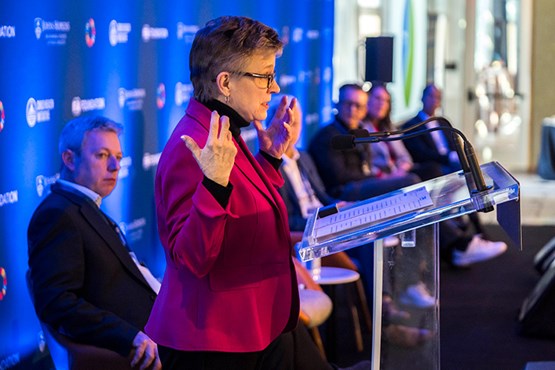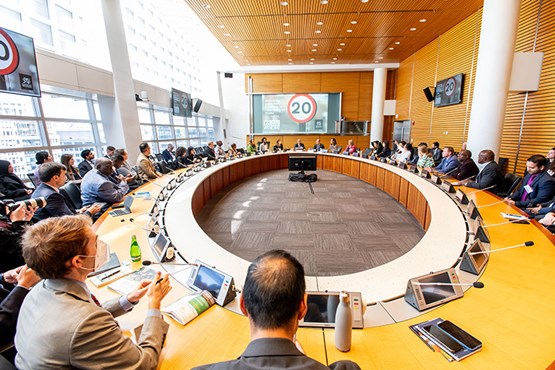Star Rating for Schools boosted by US$ 2m Google support
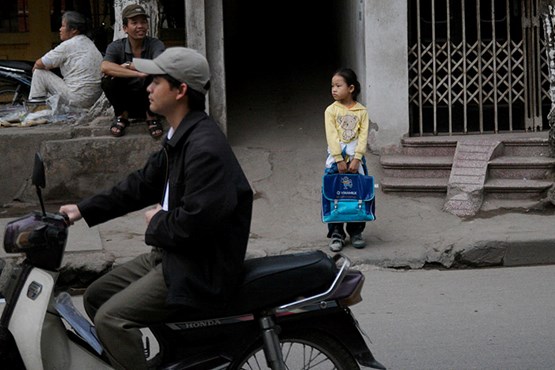
The International Road Assessment Programme (iRAP) is receiving US$2 million in grant funding from Google.org’s ‘AI for the Global Goals Impact Challenge’ to use artificial intelligence (AI) to improve road safety for children. The funding will be used to scale up iRAP's Star Rating for Schools and AiRAP partnerships, which use AI to identify and prioritize high-risk roads around schools.
Road traffic crashes are the leading cause of death among children and young people worldwide. The AiRAP program uses AI to identify and prioritize high-risk roads around schools by analyzing satellite imagery, Street View images, and other data. Using this data iRAP can help governments and other stakeholders make informed decisions about how to best improve road safety. The work follows from a three-year project ‘AI&Me’ delivered by iRAP and AIP Foundation with the support of Fondation Botnar, Anditi and the FIA Foundation.
The AI for the Global Goals Impact Challenge is part of Google's company-wide commitment to help accelerate progress towards the UN's Sustainable Development Goals. iRAP is one of 15 organizations receiving support through the $25 million philanthropy challenge for projects that use artificial intelligence (AI) to accelerate progress towards these goals. The funding from Google.org will be used to provide a country-wide star rating evaluation of road infrastructure around schools in Vietnam. It will also support the upgrades at the highest-risk schools and capture student perceptions of the risks they face to inform decision-making. The project has the potential to scale to other countries and inform new policies and investment in pedestrian-friendly roads.
“The AI enabled Star Rating for Schools partnership with Google.org is a global game-changer that will support sustainable mobility for youth and contribute to at least eight of the UN Global Goals,” iRAP CEO, Rob McInerney said. “We know that children are approximately 20 times more likely to be killed or injured on a 1-star road compared to a 5-star road. By using artificial intelligence to identify high-risk 1- and 2-star roads that children use on their journey to school we can identify known hazards and mobilise evidence-based upgrades that will save children’s lives. Our ultimate dream is to Star Rate every road on earth and ensure every journey is safer. Achieving the UN target for more than 75% of travel on 3-star or better roads will help save over 100 million deaths and injuries over the life of the upgrades. The Google.org partnership is a big safe step in that direction.”
Using AI, satellite imagery and Street-View images to detect road safety risks, iRAP, together with partners AIP Foundation, Anditi, and the University of Zagreb (FPZ, FER), will provide a country-wide star rating evaluation of road infrastructure around schools in Vietnam and support the upgrades at the highest-risk schools. The YEA Youth Engagement App will also be used to capture student perceptions of the risks they face to inform decision- making.
“Road safety is not only an under-represented public health crisis, it also impacts peoples’ ability to access education, health, well-being and job opportunities,” said James Bradford, iRAP’s Global Technical Director. “With AI and big data, we maximise the effectiveness and efficiency of the Star Rating process to allow governments to save time and resources.”
“Each of the 15 selected organizations share our vision for using AI to accelerate progress on the United Nations’ Sustainable Development Goals, and each organization brings their own expertise to help move the needle,” said James Manyika, Google’s SVP of Research, Technology and Society. “We are inspired by the possibilities they see for how AI can be harnessed to help people solve societal problems, and are excited about the collective impact they will have over the next three years.”
